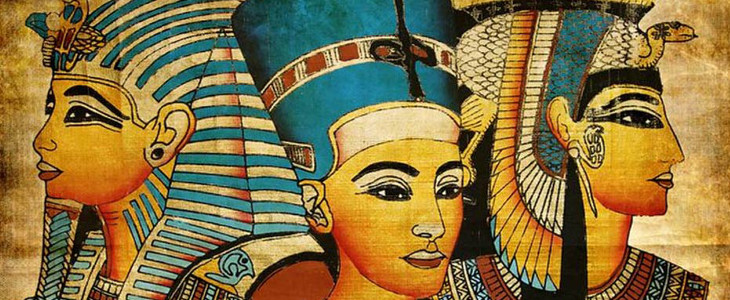The First Income Tax – Egyptian Pharaohs Tax (3000 BC)

The first income tax is generally attributed to Egypt where the Pharaoh’s collected taxes from their citizens to fund grain warehouses, building projects (including the pyramids) and local armies. Like today, the taxes were used to stabilize and enrich society. The taxed grain was stored for distribution in times of hardship, used to feed public workers, and feed the poorer classes.
Egyptians did not have coined money, so their taxes were levied on harvests and property. The taxes were payable at least once a year with payment made in the form of labor or grain (which was stored by the pharaoh in large warehouses). Although the pharaoh as the head of state received all the collected taxes, they didn’t actually collect the taxes themselves. Instead the pharaohs appointed ministers called viziers who acted as tax supervisors. The vizier kept records of taxes collected and ensured that needs for labor and grains were met. This is similar to Australia’s taxation system today whereby the Australian Taxation Office collects and administers the taxation system on behalf of the Federal Government.
"You’d be stupid not to try to cut your tax bill and those that don’t are stupid in business"
- Bono: U2



